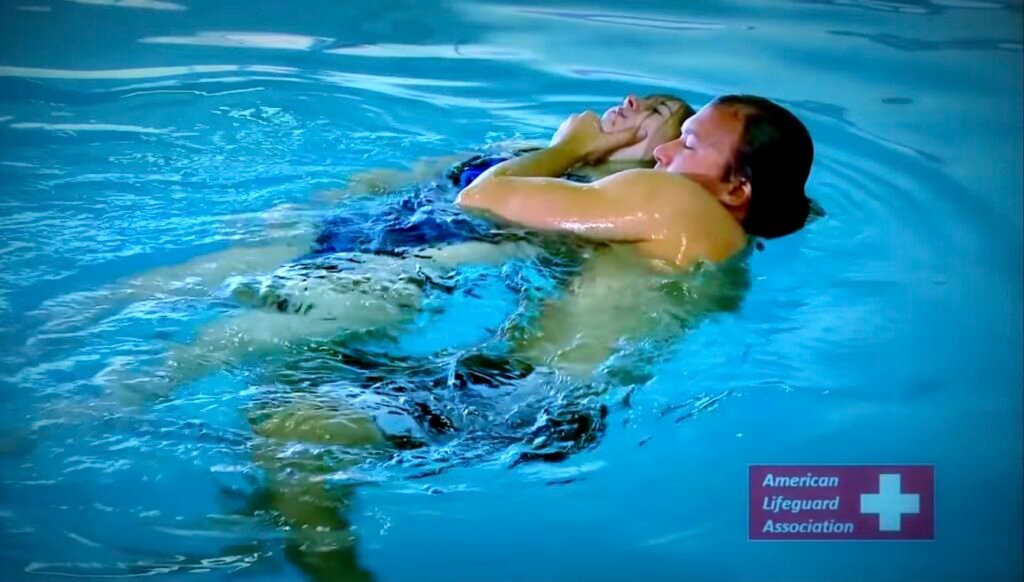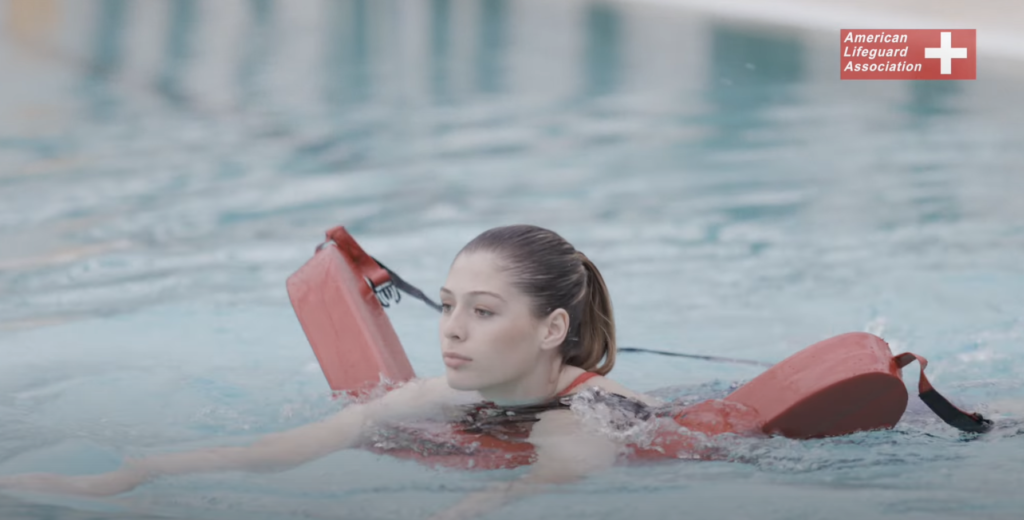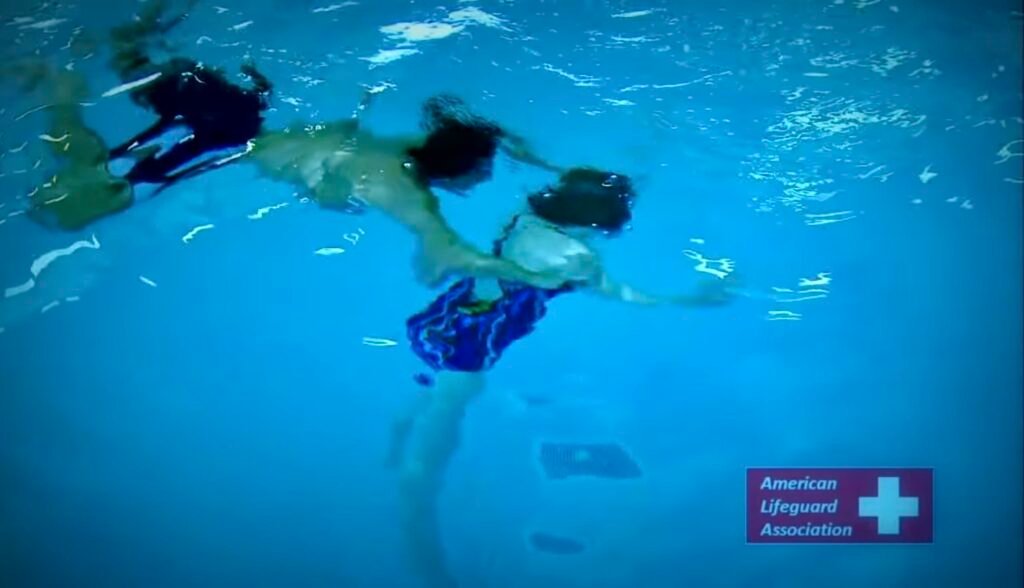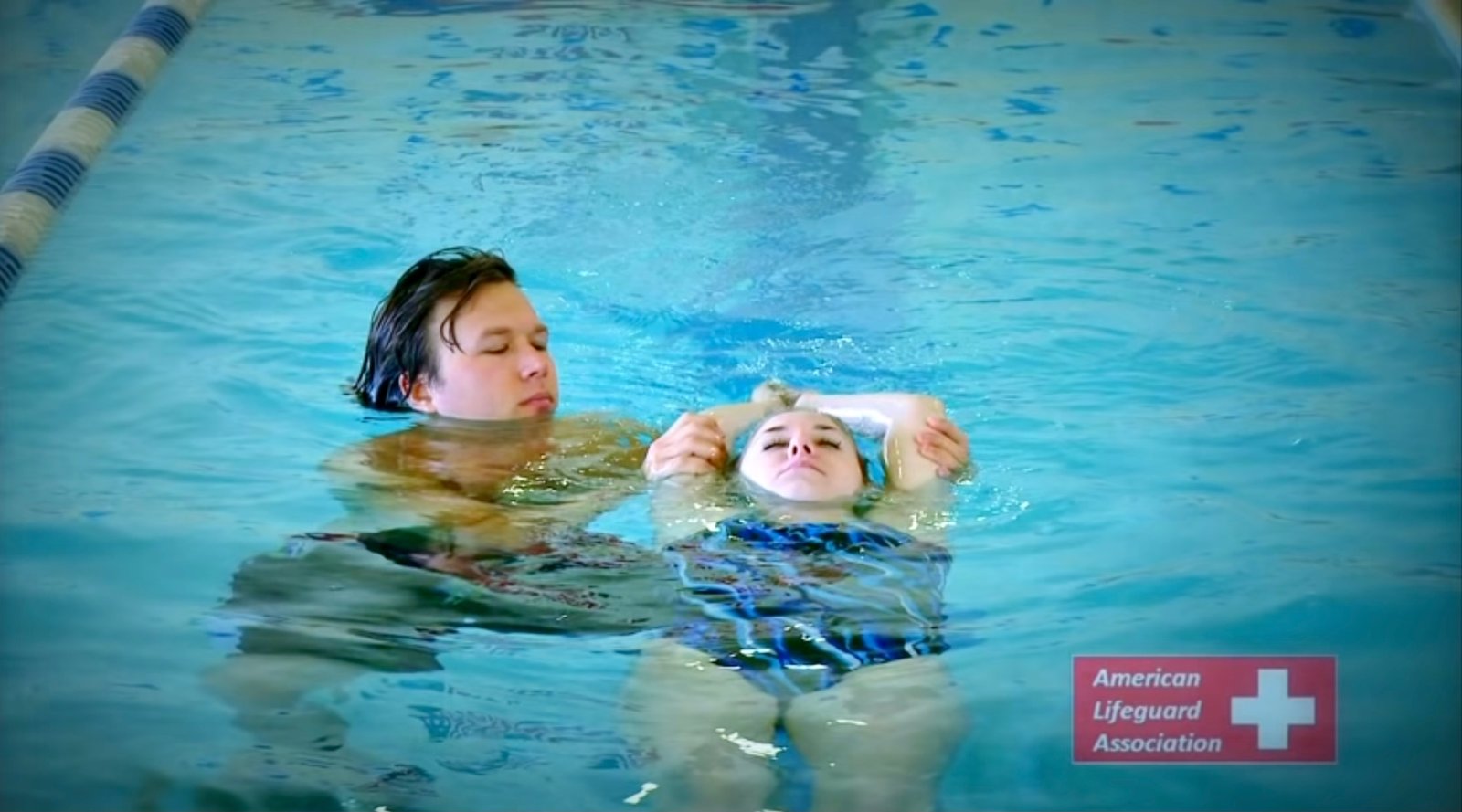Lifeguarding is a crucial career that requires expertise and readiness. Advanced lifeguard courses are for those who want to improve their skillset and career prospects as they provide specialized training beyond the basics. Here, we will outline what these advanced courses involve in detail, including their advantages, cost and how you can succeed in aquatic safety. From questions like “How long does it take to be a lifeguard?” to “How much would it cost me to become a lifeguard?”, this article provides answers.

What Are Advanced ALA Lifeguard Courses?
Advanced ALA Lifeguard Course build upon the foundational skills of standard lifeguard training. These courses are about more complex situations, methods and obligations associated with being a professional participant in lifesaving processes. Such programs appeal to people interested in deepening their knowledge, improving skills or pursuing specific roles within the field of aquatics safety.
Types of Advanced Lifeguard Courses:
- Lifeguard Instructor Course: This course trains experienced lifeguards to become instructors themselves. It covers teaching methodologies, course administration, and advanced rescue techniques.
- Advanced Lifeguard Training Course: This course delves into more intricate rescue techniques, advanced CPR and first aid, and emergency response strategies.
- Lifeguard Online Course: For those needing flexibility, online courses provide advanced training through virtual platforms, covering the theoretical aspects of advanced lifeguarding.
- Specialized Lifeguarding Courses: These include courses tailored for specific environments, such as open water lifeguarding or beach lifeguarding.
Benefits of Advanced Lifeguard Courses
1. Enhanced Skills and Knowledge:
These specific certifications offer intense preparation on intricate life-saving tactics such as dealing with severe weather conditions; handling huge crowds; and multiple victims cases amongst others which makes you capable of rescuing people under dangerous conditions while still increasing your effectiveness around swimming pool vicinity because of having got certified by other organizations too.
2. Career Advancement:
Higher level positions may be accessed by persons who complete extra classes thus enabling them to become trainers or play more senior roles such as leading life guards, training supervisors, aquatic directors etc. This progression can lead to increased responsibilities and higher pay.
3. Increased Confidence:
With better trained lifeguards comes the confidence needed in order for them to be effective when saving lives during emergencies. This self-assurance is crucial in high-pressure situations and helps maintain a safe environment for all swimmers.
4. Specialized Skills:
More developed trainings usually include extra qualifications like advanced first aid, management of water emergencies, as well as crisis communication. These skills are valuable in various lifeguarding environments, from pools to open water.
5. Professional Recognition:
These certificates are recognized by employers and professional organizations showing one’s commitment to growth within their profession or towards further excellence in their chosen field which is lifeguard service provision.
How Long Is a Lifeguard Course?
The duration of advanced lifeguard courses varies depending on the type and depth of the training. Typically:
- Lifeguard Instructor Courses: These can range from 40 to 60 hours, spread over several weeks.
- Advanced Lifeguard Training Courses: These courses usually last between 20 to 40 hours.
- Lifeguard Online Courses: These provide flexibility and can be completed at your own pace, usually within a few weeks to a few months.
For exact durations, it’s best to consult with the course provider or check the course details on their website.

How Much Does a Lifeguard Course Cost?
The cost of advanced lifeguard courses can vary widely based on the type of course, location, and provider. On average:
- Lifeguard Instructor Courses: These can cost between $300 to $600.
- Advanced Lifeguard Training Courses: Typically range from $150 to $300.
- Lifeguard Online Courses: Usually priced between $100 to $250.
Factors such as course materials, certification fees, and additional resources can affect the total cost. It’s important to research and compare different providers to find a course that fits your budget and needs.
Choosing the Right Advanced Lifeguard Course
When selecting an advanced lifeguard course, consider the following factors:
1. Course Content:
Ensure the course covers the advanced skills and knowledge you wish to acquire. Review the syllabus and course descriptions to confirm that it aligns with your career goals.
2. Accreditation and Certification:
Check if the course is accredited by reputable organizations, such as the American Lifeguard Association. Accredited courses provide recognized certifications that enhance your professional credibility.
3. Instructor Qualifications:
Qualified instructors with extensive experience in lifeguarding and teaching can provide valuable insights and guidance. Research the instructors’ backgrounds and qualifications.
4. Course Format:
Consider the format that best suits your learning style. Whether it’s an in-person class, online course, or a hybrid format, ensure it fits your schedule and learning preferences.
5. Reviews and Testimonials:
Read reviews and testimonials from previous participants to gauge the course’s effectiveness and quality. Feedback from other lifeguards can provide insights into the course experience.
Incorporating Advanced Training into Your Career
Advanced lifeguard training not only enhances your skills but also contributes to your overall career development. Here’s how to incorporate this training into your professional journey:

1. Apply Your Skills in Real-World Scenarios:
Put your advanced training to use by taking on more challenging lifeguarding roles or responsibilities. Practice the techniques learned in training during your work to build proficiency and confidence.
2. Pursue Leadership Opportunities:
Use your advanced certifications to pursue leadership roles within your organization. As a lead lifeguard or supervisor, you can apply your skills to mentor and train others.
3. Engage in Continuous Learning:
Stay updated with the latest advancements in lifeguarding and emergency response. Continue your education through workshops, seminars, and refresher courses to maintain your skills and knowledge.
4. Network with Professionals:
Join professional organizations and networks to connect with other lifeguards and industry experts. Networking can provide opportunities for career advancement and professional growth.
Final Opinion
Advanced lifeguard courses provide an excellent opportunity for lifeguards to improve their skill sets, advance their careers, and make a greater impact on their chosen fields of work. Investing in these specialized programs not only enhances your life-saving abilities but also opens doors for promotion as well as recognition at workplaces concerning career advancements after passing through them. Whether you want to be a lifeguard instructor, explore advanced rescue techniques or seek online training options; there is an advanced course that will suit your needs.
To find out more about advanced lifeguard courses near you, call the American Lifeguard Association now! We have different kinds of training programs meant to lift up your game as far as becoming a successful lifesaver is concerned in the society we live today

